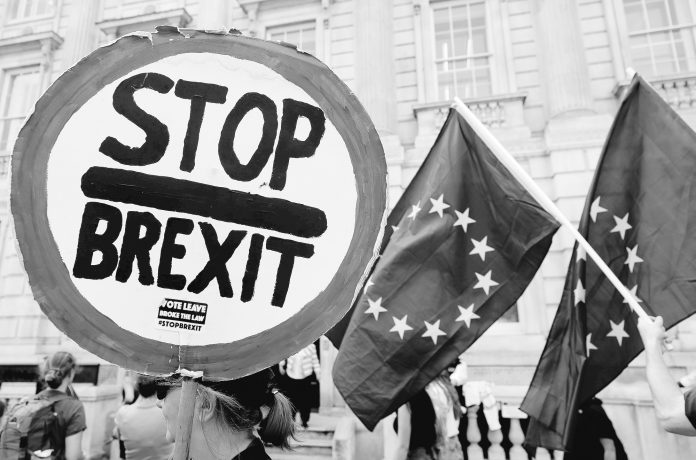
Three years later, and it looks like the Brexit tables have turned. Boris Johnson and fellow Brexiteers expected to negotiate the European Union ragged for a deal that gave the U.K. as many advantages of EU membership as possible after the divorce – and as few of the burdens.
When it came to Brexit, Johnson said, the British position should be was “having our cake and eating it.”
Now, after agreeing twice already to postpone the country’s pull out date, remaining EU members watch in amazement as Brexit divides Britain as much as its supporters thought privileged relations with Britain would split Europe.
“Every day brings something new,” Guy Verhofstadt, the European Parliament’s main Brexit official said wryly on Wednesday.
For British politicians, “it has been a steep learning curve,” German Marshall Fund senior fellow Rosa Balfour said. Poor leadership from both the main Conservative and Labour parties drove the country into a dead-end, effectively allowing the EU to dominate Brexit negotiations so far, Balfour said.
“Tribal party politics prevail, and the jury is still out as to whether democratic institutions as a whole – Parliament, Supreme Court – can prevent a path now proven to be harmful for Britain,” she said. “Brexit shows that British democracy needs to be upgraded.”
Johnson was London’s mayor before the U.K.’s 2016 referendum on EU membership, served as foreign secretary in Theresa May’s government before resigning over her handling of Brexit, and succeeded May as prime minister on July 13.
While he is spending all his political energy at home, the EU is tapping its watch as the current Brexit deadline of Oct. 31 nears, noting that Johnson’s government has put no new agreement proposals on the table to prevent a chaotic “no-deal” Brexit.
EU parliamentary committees have been assessing the static state of play at a juncture when British and EU negotiators sparring over departure terms in the corridors of EU headquarters were supposed to be providing Brexit drama.
At the same time, Johnson was fighting for his government’s survival in London on Wednesday after the U.K.’s highest court ruled he illegally suspended Parliament. The opposition and some Conservative colleagues accused the prime minister of trying to shut lawmakers out of the Brexit debate in the crucial period before the Oct. 31 departure date.
“It is a good thing that he has been stopped by the British system,” said Verhofstadt, echoing comments from across Europe. However, EU leaders have stayed mum out of reluctance to wade into a member’s domestic politics and inflaming feelings anti-EU sentiment.
The Supreme Court’s cancellation of the suspension and Parliament reconvening reduced the odds of a no-deal exit, with the fortunes of the House of Commons surging and Johnson’s sagging. The EU already reached a deal with Theresa May, but lawmakers voted it down three times and precipitated her resignation.
Verhofstadt expects a briefing on technical talks for an EU-U.K. agreement. But he insisted Johnson’s most recent proposals stand no chance of breaking the negotiations stalemate. The
The new prime minister’s short and rocky road shows that British politics are as unpredictable as ever. And the EU, already feeling burned by the first Brexit deal’s bad ending, is not eager to repeat the experience.q



















